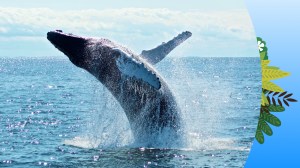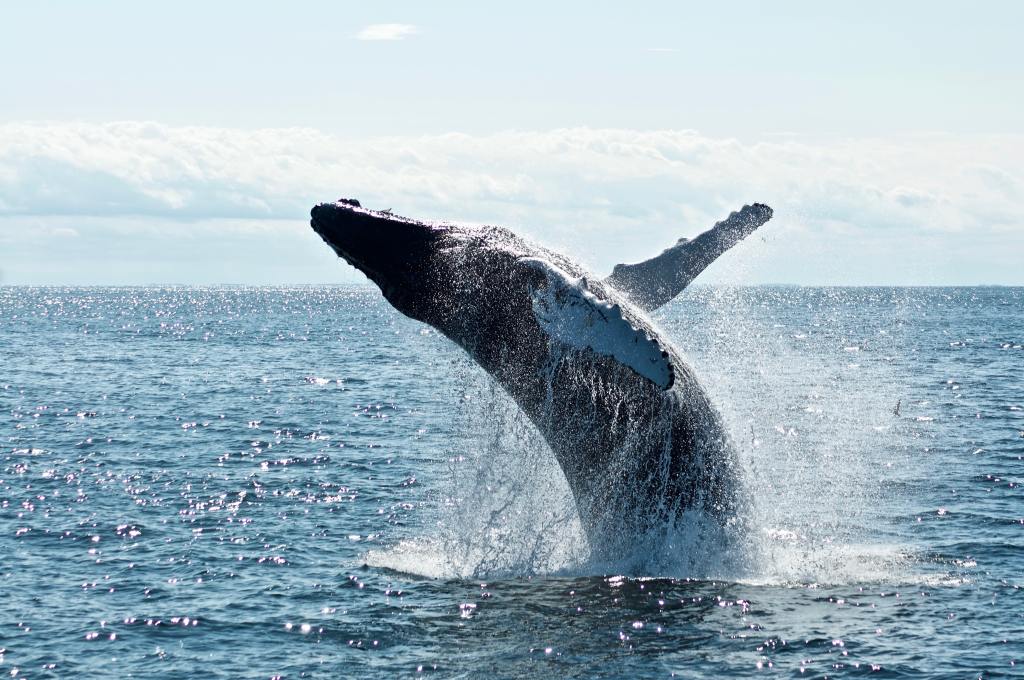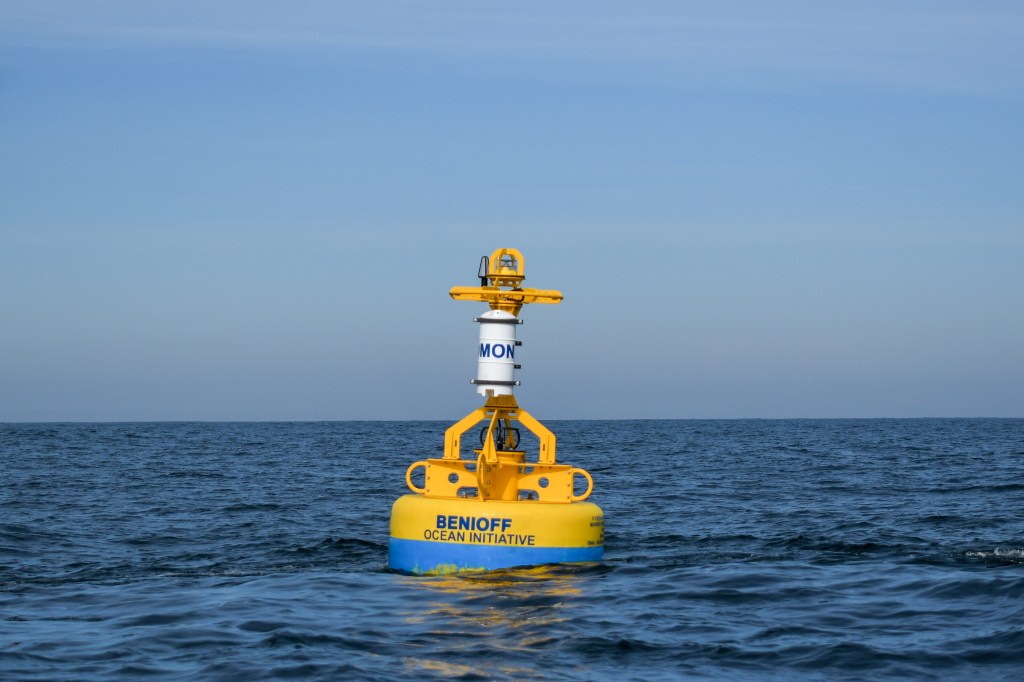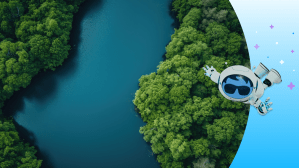The ocean remains one of our greatest allies for combating climate change and nature loss. It has absorbed more than 25% of the carbon emissions we’ve released from burning fossil fuels and is home to 80% of the world’s biodiversity. Yet, it also falls victim to these dual global crises.
UN Sustainable Development Goal 14, Life Below Water, set out an ambitious agenda to safeguard our planet’s largest ecosystem by 2030, but to date, limited resources have been mobilized to meet these goals.
Fortunately, an AI revolution has enabled the development of groundbreaking technologies that may offer a path forward. AI, with its ability to handle large datasets and uncover patterns within them, is particularly well-suited to addressing threats to ocean health, which often are complex and occur on very large scales. AI can collect, process, and analyze vast amounts of data to find solutions to the most complex problems.
AI, with its ability to handle large datasets and uncover patterns within them, is particularly well-suited to addressing threats to ocean health, which often are complex and occur on very large scales.
This World Oceans Day, we’re highlighting the ways in which Salesforce and our partners are harnessing this technology to protect the ocean.
The rise of AI-powered ocean solutions
A growing body of AI-powered ocean solutions are enabling action and accelerating progress toward improved ocean health. These solutions apply AI in diverse ways to address ocean challenges. For example:
- Ellipsis Earth, an Uplink top innovator and winner of Salesforce’s Dreampitch 2023, harnesses the power of AI to identify, map, and track litter in roads, towns, cities, rivers, and coastlines globally, reducing marine litter.
- Veritree, a fellow member of 1t.org, uses AI to estimate survival rates of mangrove trees and informs restoration strategies for these critical coastal forests.
- Whale Safe, an initiative of the Benioff Ocean Science Laboratory, supports more effective ocean conservation and management using AI-powered ocean sensors to prevent fatal ship collisions with endangered whales.
These are just a few examples of the powerful ways AI is advancing ocean sustainability, and a glimpse into the scaled impact that can occur when AI is leveraged for sustainability.
How Salesforce is using AI for sustainability
At Salesforce, we are committed to a net zero, nature positive future, and the development and use of sustainable and equitable AI. We are leaning into AI to meet our climate justice and nature objectives in a few key ways:
- The Salesforce Blueprint for Sustainable AI outlines a strategy to responsibly advance AI development in support of long term sustainability goals while avoiding any near-term negative environmental impacts. Recognizing the growing energy demands associated with popular Large Language Models (LLMs), Salesforce is focused on developing smaller, domain-specific models, customized to their intended applications.
- The Salesforce Accelerator — AI for Impact empowers purpose-driven organizations to leverage AI solutions in addressing the urgent challenges of climate change. Through this Accelerator, Salesforce provides flexible funding, technology, and pro-bono talent to help organizations advancing AI solutions for sustainability.
One recent Accelerator grantee, the Ocean Risk and Resilience Action Alliance (ORRAA) is poised to drive transformative, AI-supported change to support coastal blue carbon ecosystems.
Coastal blue Carbon and blended finance: Where the ocean and AI converge
Coastal blue carbon ecosystems, like mangroves, saltmarsh, and seagrass, are the ultimate climate and nature champions. They provide food, shelter, and livelihoods; support biodiversity; build coastal resilience; and are among the world’s most productive carbon sinks.
To ensure the longevity of these vital ecosystems, we must increase funding for their protection and restoration. The expansion of carbon markets is one key strategy for garnering financial support and maximizing the benefits of high-quality blue carbon credits.
The Octopus Desk, designed by Ocean Risk and Resilience Action Alliance (ORRAA) and Investable Oceans, aims to match investors with blue carbon and other ocean-based solutions projects and improve efficiencies across the market. With support from Salesforce, ORRAA will develop a seamless, AI-enhanced platform that helps project developers source relevant partners, including advisors, collaborators, and funders, to accelerate solutions that improve the lives and livelihoods of coastal communities in the Global South. The platform will also serve investors, advisors, and other constituents in the blended finance ecosystem by effectively connecting them with aligned projects and each other — addressing many of the most challenging and time-consuming aspects of blue carbon project financing.
Salesforce and ORRAA are committed to unlocking the potential of blended finance in supporting the conservation and restoration of blue carbon ecosystems globally; and the Octopus Desk will leverage AI to do just this.
Technology and AI present incredible opportunities to improve ocean health, and we have no time to waste. Empowered by AI and partners like ORRAA, Salesforce will do its part to protect the ocean. We encourage all companies, governments, and individuals to join this critical effort.
Learn more:
- Explore AI-powered climate solutions from the Salesforce Accelerator – AI for Impact
- Check out the Salesforce Blueprint for Sustainable AI
- Discover other ocean-AI innovations through the Blue w(AI)ve Accelerator





















